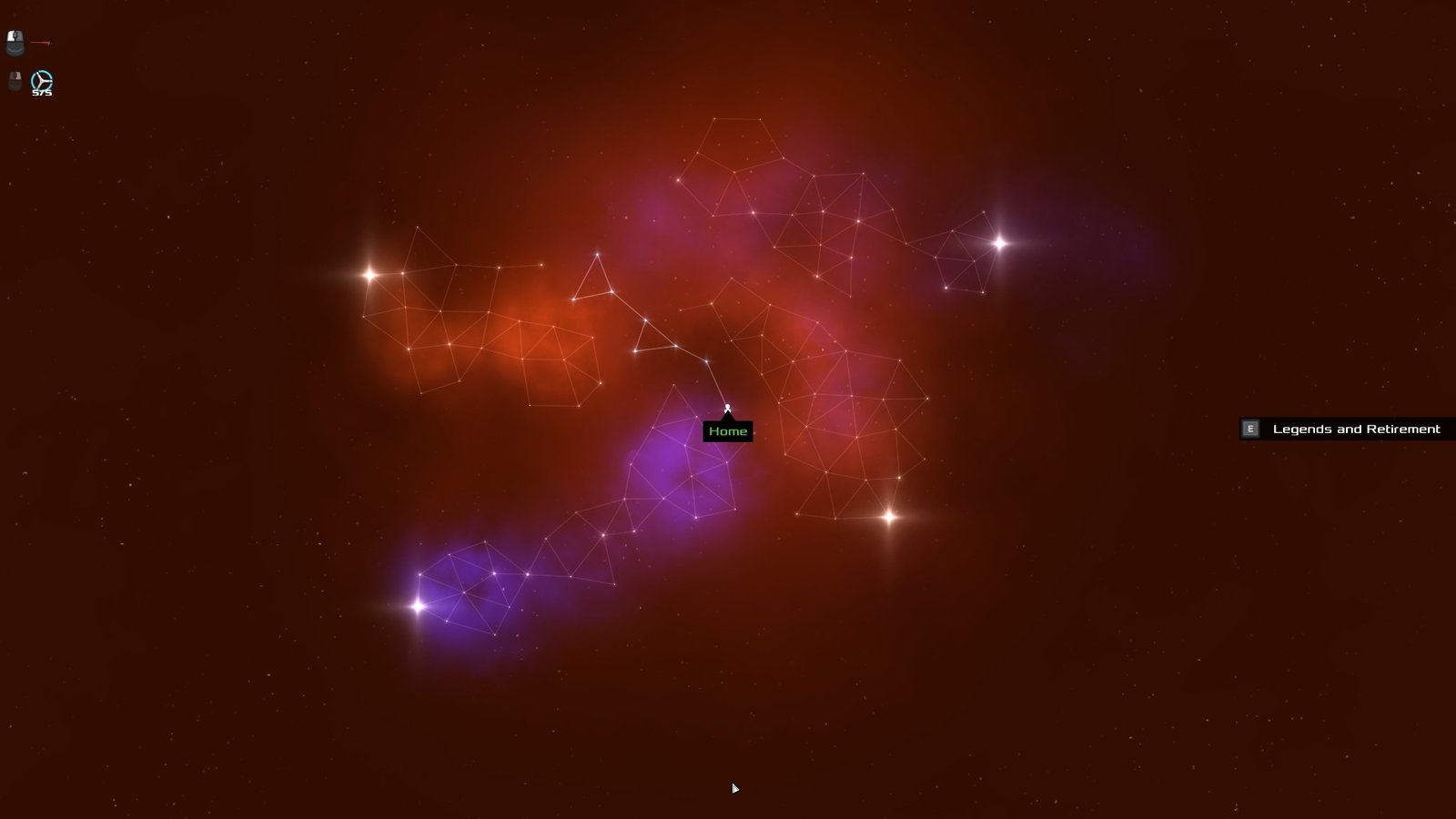LucasArts have re-released some of their classic adventures on Steam, The Secret of Monkey Island is making its way to the Xbox and Telltale are making new Monkey Island episodes. This is hugely exciting, for several reasons.

In the early 1990s, my computer was an Acorn A3000. It was ahead of its time in many ways, with an advanced operating system and some pretty high powered applications, but its gaming scene was shrinking rapidly. While I made the best of the few games that were available, I watched my Amiga-owning friends enjoyed a continuous run of classics, titles that were of a quality and daring far beyond anything seen on the Acorn. I read Amiga Format occasionally, even though I couldn’t play any of the games, and dreamed of a day when I might be lucky enough to own a proper gaming machine. One of the games I read about was Indiana Jones and the Fate of Atlantis.
17 years later I’ve finally come full circle, buying the game on Steam for a paltry £3. I’ve barely had a chance to play it yet but just from the introduction it’s notable for a charm and wit you very rarely get in games these days. Being a 2D game created by some of the industry’s leading geniuses at the time, it also hasn’t really dated at all, other than running at a low resolution. Intriguingly this is something that LucasArts are fixing with the ‘remastered’ version of The Secret of Monkey Island, which is coming out on PC and Xbox soon in high resolution and with re-recorded music.

Nobody is entirely sure why LucasArts have had such a major shift of policy, given that until recently they were quite content to churn out derivative and dull Star Wars product with staff memories seemingly too short to remember the glory days of the 80s and 90s. But perhaps that wasn’t the case – rumour has it that there are coders and writers and artists working at LucasArts now who grew up on the work of Ron Gilbert, Tim Schafer and the X-Wing games and are desperate to make something of that heritage. Let’s hope that the (presumably) new management has the vision and balls to give them the opportunity.
Regardless of the inner workings of LucasArts, having these classics – and even the not-so-classics – widely available on Steam and elsewhere is nothing but good news. The film industry realised far too late that the pioneering films at the turn of the 20th century were truly historic artefacts: records of how the language of cinema evolved and was continually reinvented until the form was established. Films are so ubiquitous these days that it is easy to forget that they did not always achieve such effortless and complex storytelling – at the beginning audiences would pay and were thrilled to simply see a train pull into a station. Alas, few realised this at the time and thousands of films have been lost, their negatives and prints vanished to dust, their achievements held only in the memories of those that were lucky enough to have seen them on release.

Gaming risks a similar dark age, especially given their overwhelming dependence on rapidly advancing computer technology. With each new gaming console an entire lifetime of games become obsolete (although it’s pleasing to see the current consoles making some token gestures to acknowledge the previous generation, however inadequate) and with each new version of Microsoft Windows another slew of games falls into pit the of incompatibility. There are young gamers around now who haven’t even heard of a ZX Spectrum, Commodore 64 or Amiga 500, let alone played any games from the period. It’s not their fault, though – how exactly are they supposed to play classics from those platforms, even if they wanted to?
Currently the only solution is piracy, alas. Through emulation you can create an Amiga or a Playstation 1 on your PC, as long as it’s powerful enough – the dubious legal caveat insisting that it’s OK as long as you own the original system. But what about people that didn’t own one of those systems at the time, or who weren’t even alive when they were on sale? Thankfully there are increasing efforts to reinstate gaming history and avoid complete obsolescence, with the champions over at GoG.com leading the pack and Steam also seemingly determined to broaden its historical back catalogue. If companies don’t want their old products pirated, the only sensible solution is to instead make them available for sale. If people are pirating them it implies that there’s an audience, and possibly even more willing to buy who wouldn’t want to pirate. As with the music and film industries, however, it’s taking the companies an inordinately long time to realise this.
As Indiana Jones would say, old games belong in a museum (or on a download store). They don’t belong on unusable floppy discs or in the hidden archives of corporate behemoths. Hopefully LucasArts will inspire other companies to embrace their pasts. Regardless, it’s great to see LucasArts reclaiming their geek creds at long last.





0 Comments
Dane · July 30, 2009 at 3:19 pm
The Secret of Monkey Island was one of the first computer games I fell in love with, playing it every chance I got as a kid. I am really excited about this new shift in policy. I hope they bring back some other classic titles like Full Throttle, The Dig, Sam and Max Hit the Road, etc. All of the SCUMM games that I have been playing in SCUMM VM, fully remastered! Great post.
Simon Jones · July 30, 2009 at 8:51 pm
Thanks Dane! It sounds like the special edition has done pretty well, particularly on PC and on the iPhone in some European territories, so fingers crossed that Lucasarts will continue to update their back catalogue.